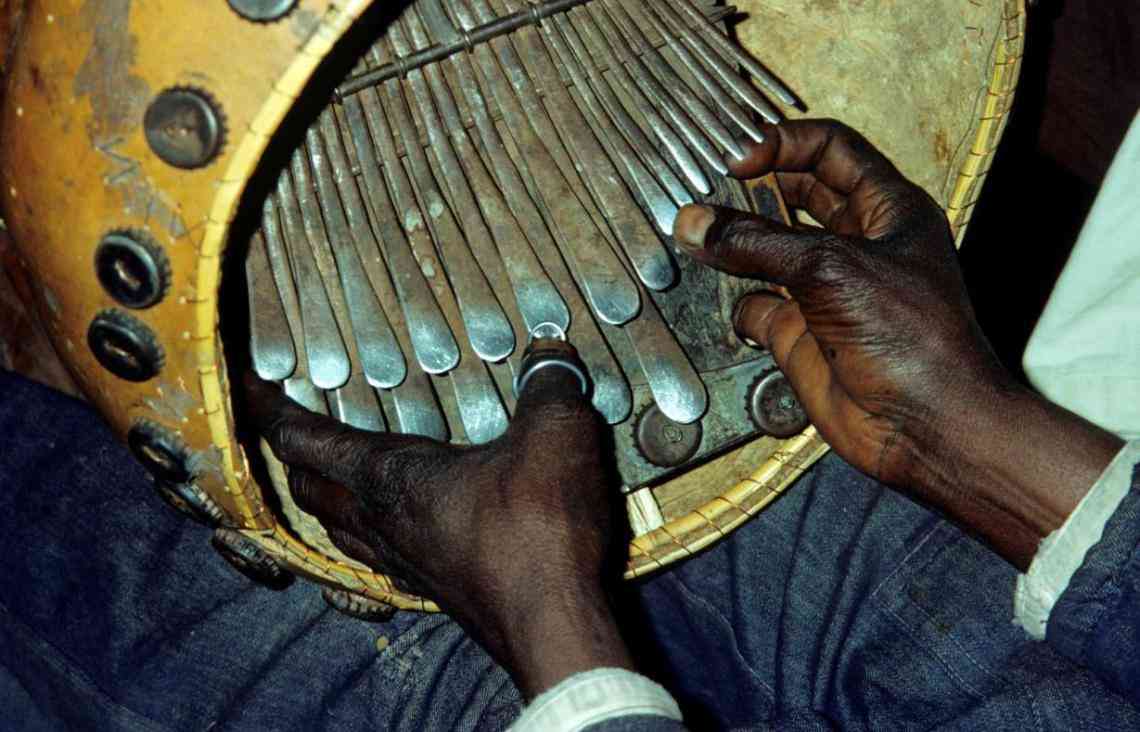
SEVERAL music producers yesterday said the use of drugs and alcohol in the music industry was widespread as they were believed to enhance artistes’ creativity.
BY PRECIOUS CHIDA
This was in response to sentiments expressed by one of the pioneers of the urban grooves movement, Tererai Mugwadi, who last week disclosed that drug abuse was prevalent and regarded as normal in the music industry.
“Musicians consider it normal to drink during work, and most of the times even in studios. When we are gathered as artistes, alcohol and drugs are circulated in order for one to remain sane, as we would say,” she said, describing herself as a functional alcoholic.
Music producer Reagan Dongo from Zunde Records in Kuwadzana told NewsDay Life & Style yesterday that record labels were not able to control musicians’ use of drugs and alcohol in studios as the latter would claim taking drugs enhanced their creativity.
“Most artistes are substance abusers, especially just before production. They believe it works as a catalyst that speeds up reaction and hence helps them produce good music,” he said. “As for the young and upcoming artistes, it is not really what they see from established musicians, but the pressure that they feel to deliver to the expecting fans is what makes them indulge in drug abuse.”
Although musicians claim to produce good music in drunken stupor, there have also been many stories about musicians that failed to go on stage because they would be heavily intoxicated, while others perform dismally when drunk. Dongo said there was little professionalism in the local music industry, resulting in recording studios often embracing artistes as they were and without being strict on ethical conduct.
Another producer, Rodger Tafadzwa Kadzimwe, popularly known as Levels, from Chillspot Records, said it was not a producer’s obligation to spell out to an artiste how to run their life.
- Chamisa under fire over US$120K donation
- Mavhunga puts DeMbare into Chibuku quarterfinals
- Pension funds bet on Cabora Bassa oilfields
- Councils defy govt fire tender directive
Keep Reading
“Most artistes who come to our studios are adults, and I am in no position to tell a full-grown man not to indulge in substance abuse. If I had learnt (professional) counselling, I could probably have helped them, but I can’t,” he said.
He, however, said it was a norm to ensure that teenagers that come to record music at their studios did not indulge in substance abuse.
“However, for the young kids who come to record in our studios, we have made it a norm to make sure that they don’t indulge, because I consider myself their big brother. As a producer, I also feel there is need to have sane musicians, who are not addicted to these drugs.”
Levels called on the government to support Zimdancehall artistes and their recording studios, because it was the most trending music genre that has attracted many young people.
In December last year, top Zimdancehall chanter Souljah Love admitted that he was a drug addict, and this year he was on record saying drug abuse was the reason he lost his wife, Bounty Lisa.
Urban grooves maestro Roki, often described as the bad boy of Zimbabwean music, was arrested in Harare’s Avenues area in 2008 after he was found in possession of 125g of mbanje.











